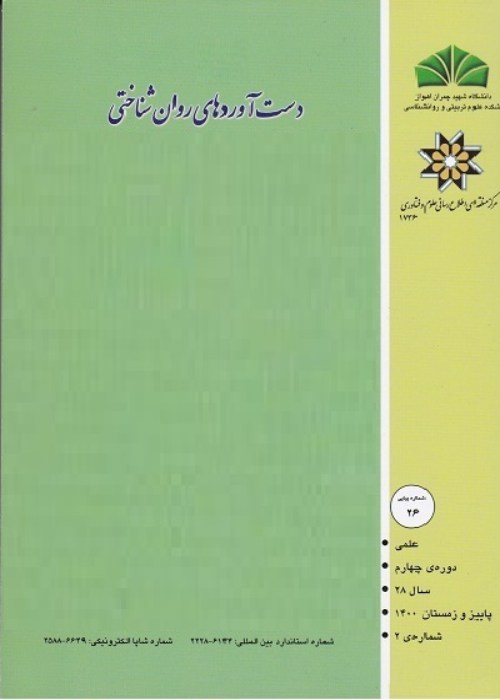Integrating Technology in the Role-playing Teaching Method and its Effect on Cognitive Engagement and Academic Self-efficacy of Elementary Students
Education stakeholders are increasingly interested in finding effective ways to improve education and learning outcomes. Among the factors that have been found to be crucial to student success are their engagement and self-efficacy beliefs. These two factors are known to predict students' learning and performance, both of which are influenced by various factors, including the teaching method used. Research in recent years has shown that effective teaching methods require the integration of technology to activate and improve learners' capabilities. The integration of technology in education has become a necessity in many educational systems worldwide. While educators recognize the benefits of educational technologies, the integration of technology into the curriculum is still complex and challenging for teachers. They often find it difficult to integrate technology effectively into the classroom and have questions about how technology integration can improve learners' performance.
The present study aimed to investigate the integration of technology in teaching role-playing methods and its effect on cognitive engagement and academic self-efficacy of elementary students in experimental sciences. The study used an experimental design with a pre-test and post-test design with a control group. The sample included 60 sixth-grade students selected through a multi-stage cluster sampling method and randomly assigned to three groups: an integration of technology in role-playing, role-playing, and a lecture group.The data were collected using two questionnaires: the Tinio Academic Engagement Questionnaire (2009) and the Jinks and Morgan Academic Self-Efficacy Questionnaire (1999).
The results showed that the integration of technology in the teaching method of role-play had a positive effect on students' cognitive engagement and academic self-efficacy compared to traditional role-playing and lecturing methods.
Integrating film technology into role-playing methods for elementary school children provides the conditions for learning in which students can make their thinking processes more coherent and organized. The method helps children better receive and process information through visual, auditory, and motor channels. It also increases students' self-efficacy through social interactions that take place between them, their teacher, and peers, leading to a growth in students' sense of pride and competence in their achievements and abilities.In conclusion, it is recommended that teachers integrate technology such as film into their teaching methods to help students better engage with the subjects of the experimental sciences and increase their academic self-efficacy.
- حق عضویت دریافتی صرف حمایت از نشریات عضو و نگهداری، تکمیل و توسعه مگیران میشود.
- پرداخت حق اشتراک و دانلود مقالات اجازه بازنشر آن در سایر رسانههای چاپی و دیجیتال را به کاربر نمیدهد.



